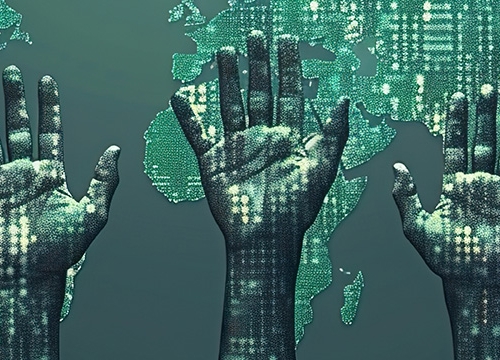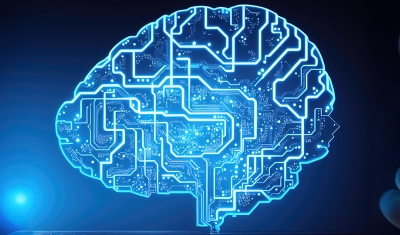The Emergence of Open-Source Information and Intelligence: What Challenges and Opportunities for UN Special Procedures?
Human Rights Conversations


Adobe
The widespread use of technologies characterises today’s reality. Mobile phones empower individuals to document human rights violations instantaneously and allow the dissemination of their materials and collected evidence across digital platforms with unprecedented speed. At the same time, publicly available images from drones or satellites can also provide an accurate record of what is happening on the ground. Amidst this scenario, Open-Source Information (OSI) and Intelligence (OSINT) emerge as helpful means for United Nations Special Procedures to expedite data collection in order to successfully fulfil their mandate, representing an avenue that could undoubtedly enhance their efficiency and impact. Nevertheless, within this promising landscape lie thorns of disparity and accessibility, challenges to information authenticity, and the spectres of disinformation and misinformation.
As OSI and OSINT present a unique opportunity to improve the efficiency and effectiveness of UN Special Procedures, the numerous complexities involved should be identified to articulate solutions in order to maximise the possible impact that OSI and OSINT can have in assisting UN independent human rights experts in pursuing their mandates’ objectives.
This Human Rights Conversation aims to explore the potential of Open-Source Information and Intelligence in advancing the work of UN Special Procedures, identifying and analysing challenges and risks, as well as assessing how they could be mitigated in order to enhance the efficiency and effectiveness of UN Special Procedures.
Moderator
- Felix Kirchmeier, Executive Director, Geneva Human Rights Platform
Panelists
- Clément Voule, Former Special Rapporteur on Freedom of Peaceful Assembly and of Association
- Marija Ristic, Manager, Digital Verification Corps, Amnesty International
- Léo Martine, Senior Geospatial Analyst, Human Rights Watch
- Francesca Restifo, Senior Human Rights Lawyer - Representative to the United Nations Geneva, International Bar Association's Human Rights Institute
About Human Rights Conversations
Human Rights Conversations are a series of events, hosted by the Geneva Human Rights Platform, aimed at discussing contemporary issues and challenges related to the promotion and protection of human rights in Geneva and beyond.
Disclaimer
This event may be filmed, recorded and/or photographed on behalf of the Geneva Academy. The Geneva Academy may use these recordings and photographs for internal and external communications for information, teaching and research purposes, and/or promotion and illustration through its various media channels (website, social media, newsletters, annual report, etc.).
By participating in this event, you are agreeing to the possibility of appearing in the aforementioned films, recordings and photographs, and their subsequent use by the Geneva Academy.









